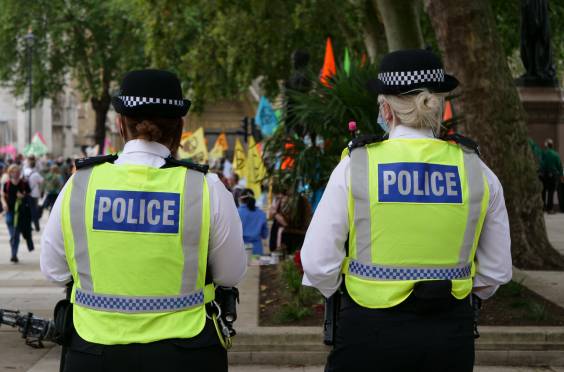Confiscation Of Assets Under POCA 2002
Confiscation Of Assets Under POCA 2002
The Proceeds of Crime Act 2002, niftily shortened to POCA, allows for Prosecutors to confiscate any assets purchased with funds gained through criminal activity. POCA 2002 gives authorities the power to confiscate, restrain, and recover assets derived from or used in illegal conduct. The Act also provides for rules around money laundering and mandates financial institutions to report suspicious activities and provides for proceeds of crime to be recovered through the Civil Courts (even if no criminal prosecution is pursued).
POCA proceedings can be incredibly distressing for business partners and family members caught up in criminal conduct. For example, in R v Reynolds [2017] EWCA Crim 57, the Court of Appeal held that the Crown Court was correct in making the confiscation order even though it might result in the sale of the jointly owned family home. It was concluded that the effect of such an order would not be disproportionate under Article 1 of the First Protocol to the European Convention on Human Rights.
In R v Rezvi [2002] UKHL 1 and R v Benjafield and others [2002] UKHL 2, the House of Lords concluded that the aim of POCA proceedings was to:
a) Punish the offender,
b) Deter the commission of further offences, and
c) Make it difficult to fund further criminal activity.
POCA 2002 only applies to offences committed on or after 24 March 2003. If you are convicted of an offence committed before this date, the limited confiscation regime of the Criminal Justice Act 1988 will be applied.
Sums paid under POCA 2002 can be used to compensate victims of the crime or be distributed to help pay for the investigatory and prosecution costs associated with the conviction.
The confiscation procedure under POCA
The Crown Court must proceed to a confiscation hearing where the following two conditions are met:
• A Defendant has been convicted of an offence before the Crown Court.
• Either the prosecutor asks the Court to proceed to a confiscation hearing, or the Court believes it is appropriate to do so.
The Court retains the discretion to refuse to make a confiscation order where doing so would be an abuse of process or civil proceedings have been launched.
To initiate confiscation proceedings under POCA 2002, the Prosecution must provide the Court with a “Statement of Information” setting out:
• Whether the Defendant has a criminal lifestyle.
• Whether they have benefitted from their criminal conduct.
• What that benefit entailed.
What are the criteria for a ‘criminal lifestyle’?
A person will be deemed to have a criminal lifestyle if one or more of the below is satisfied:
• It is convicted of an offence listed under Schedule 2 of POCA 2002.
• The offence constitutes conduct that is deemed a course of criminal activity.
• The offence for which you were convicted was committed over six months, and the benefit constituted £5,000 or more.
The offences which are specified in Schedule 2 to POCA 2002 include:
• Drug trafficking.
• Money laundering.
• Slavery offences
• Directing terrorism.
• People trafficking.
• Arms trafficking.
• Counterfeiting.
• Intellectual property.
• Prostitution and child sex.
• Blackmail.
Regarding the timeframe of the offence, your criminal defence lawyers will carefully examine the dates on the indictment for accuracy. The Prosecution may claim that the offending occurred over six months, but under scrutiny, this proves false.
There are various assumptions which are made if a criminal lifestyle is established. These are not within the scope of this article but will be covered in a subsequent blog.
Making a Confiscation Order
Using the Prosecution’s statements and supporting evidence, the Court will decide your benefit from either the general criminal conduct or particular criminal conduct. It will then decide on the recoverable amount, which is equal to the benefit obtained.
In many cases, the Prosecution’s assessment of the benefit obtained is significantly overstated.
If your legal team can prove the available amount (what you can pay) is less than the benefit from the conduct concerned, then the recoverable amount will be assessed as the available amount or a nominal amount if the amount available is nil.
The available amount is calculated by adding the total of all your assets minus the value of your debts and the total value of any tainted gifts. All calculations are taken from the time the order is made.
Failure to pay a Confiscation Order can result in a prison sentence.
How we can help
Whilst confiscation proceedings under POCA can seem daunting, there is considerable room for a robust defence, especially regarding the benefit amount. Your legal team will carefully analyse the alleged benefit using the skills of forensic accountants, and aggressively challenge the amounts claimed. They will also force full disclosure from the Prosecution, the results of which often dramatically reduce the figure of the benefit obtained.
If you have any questions regarding this article, please call us on 0300 3732424. If you have been arrested and require police station representation, please call our emergency number 0300 373399.

